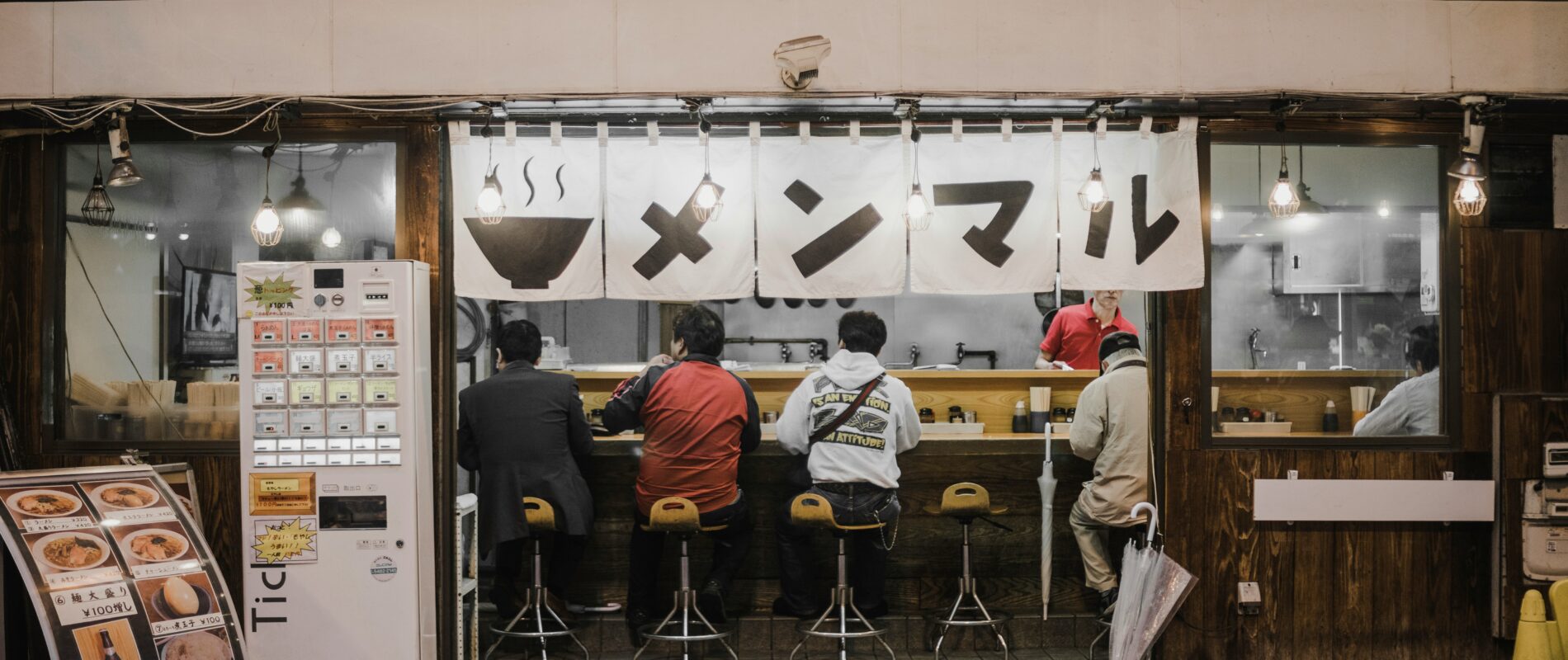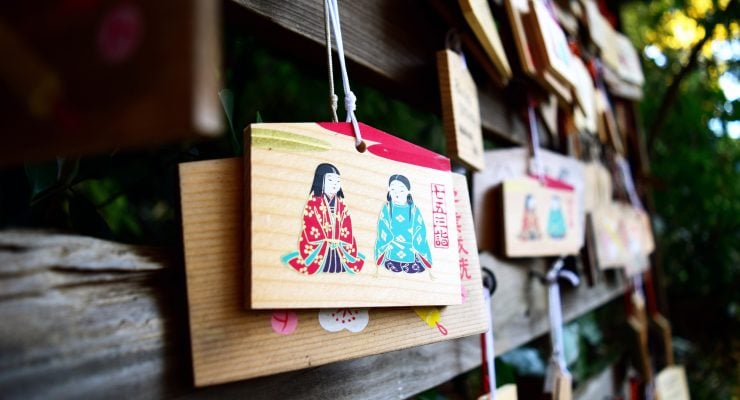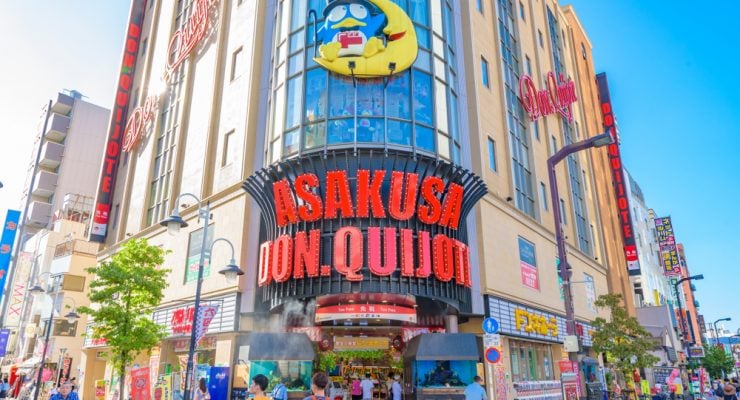Where to look for work in Japan
Networking: a real asset when job hunting in Japan
In Japan, word of mouth and networking can make a real difference when looking for a job. Many opportunities circulate directly between people, and some are not even advertised online.
Try to rely on the international community: other working holiday makers, students, expats, English speakers, etc. Meetup events, Facebook groups, and international events can all be good places to ask for opportunities and exchange contacts.
Finally, remember that associations might be helpful for your networking as well. Here are a couple of examples of them:
At the end of the day, there are not a ton of Japanese employers who regularly hire foreign nationals, so feedback circulates quickly among past, current, and prospective employees. Having a local network will help you identify which companies are reliable employers for foreigners.
Job searching online
In addition to networking in person, you should obviously also leverage online platforms.
To maximise your chances, focus on job boards and platforms that offer positions accessible to foreign nationals (in particular in English). Japanese websites can be difficult to navigate, and many adverts assume a good level of Japanese.
You can also browse vacancies on LinkedIn and on Wantedly, a Japanese platform widely used for recruitment.
As for Facebook groups, many small businesses post their vacancies directly on social media rather than on recruitment platforms. There are groups by city; some are full of spam, but others are packed with genuine opportunities.
Hello Work: Japan’s official job board
Hello Work has offices all over the country.
There are also many vacancies listed on their website, but everything is in Japanese. This is not the most effective method if you do not speak Japanese well, but they can still help you find casual work. They also offer workshops on writing a CV in Japanese.
Hello Work advisers mostly speak Japanese. However, interpreters in English, Chinese or Korean are available.
Door-to-door applications: does it work in Japan?
Going door to door can work in Japan, especially for small local shops or neighbourhood businesses. Large chains and/or big companies will, most of the time, redirect you to their website and online application form.
In large cities in particular, door-to-door job hunting can therefore become very time-consuming for little return. Before you start, target the places where you are most likely to be welcomed.
Look at shopfronts
Remember to check the shopfronts of restaurants and cafés on the street. It is very common to see “staff wanted” notices displayed there. These notices are usually in Japanese, but some may be in English as well.
Recruitment agencies and job fairs
If you already have professional experience, are looking for a qualified position in your field, and have at least some basic Japanese, recruitment agencies can be a relevant option. Most are based in Tokyo but some are also present in Osaka.
In addition, there are job fairs and employment forums in Japan aimed at international profiles (bilingual candidates, international students, recent graduates or people with experience). These events allow you to meet companies directly, understand Japanese recruitment practices and sometimes secure an interview.
Examples of useful platforms/events include Career Forum and certain fairs organised with major players such as MyNavi.












 Français
Français English
English




0 comments
{{like.username}}
Loading...
Load more